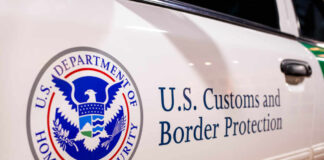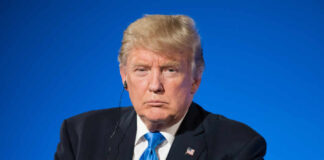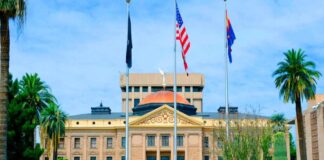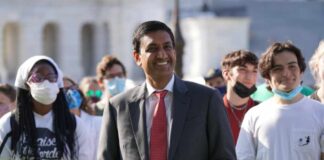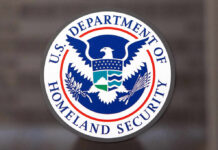
The state of the American education system is an issue of increasing concern for many parents, and private schools are not shielded from controversy. Recent activities at St. Stephen’s and St. Agnes School, a private Christian institution in Alexandria, Virginia, provide a case in point. The elite school, which charges more than $39,000 in tuition, blurs the lines between education and radical progressive activism.
In late March, Scott Singer, a religion teacher at St. Stephen’s, emailed high school students, suggesting they attend pro-transgender protests. The directive came just days after a tragic mass shooting at a Christian school in Nashville involving a transgender murderer. The email, which was not sent to parents, encouraged students to “recognize and affirm trans youth.”
Our kids are not safe anywhere anymore.
Private School's Religion Teacher Pushes Students To Attend Pro-Trans Rallies https://t.co/paucLlFO67
— Will 🇺🇸 🍢 (@NoLeftTurns) June 13, 2023
Parents quickly criticized Singer’s message, stating it pressured their children into activism. An anonymous parent shared their concern with the Washington Free Beacon, noting the possible coercive nature of the message: “What do you think these kids are going to feel they have to do to get good grades, a letter of recommendation? This is coercive.”
Despite the outcry, a spokeswoman for the school defended Singer, claiming his message “fits within our mission.” The school’s communication director, Jen Desautels, explained that they encourage teachers to share relevant information with students, preparing them to be active members of a “vibrant and complex society.”
Yet, this is not the first controversial incident at the Virginia-based school. Earlier this year, parents were given a book list for fourth graders that included the novel “Melissa.” Written by activist Alex Gino, the story revolves around a fourth-grade boy who believes he is a girl.
This move raised eyebrows among parents and educators, questioning the book’s appropriateness for young children. St. Stephen’s is a National Association of Independent Schools member. The association requires specific diversity, equity, and inclusion protocols for accreditation.
Across the country, there seems to be a trend of private schools adopting curriculum elements associated with so-called “wokeness.” This often results in young children being exposed to topics far beyond their age group, raising serious questions about the future of private education.
Ultimately, schools, whether private or public, must ensure that their curriculum and practices are age-appropriate, respect parental rights, and focus on education over activism. As the debate continues, schools must remember their role is not to push agendas but to provide students with a solid, well-rounded education.








